If you’re a parent of an infant, you’re probably spending a lot of time trying to build your baby’s language skills before they utter their first words.
Don’t ponder. Talk.
The best way to help a baby’s language skills is for parents to talk while doing everyday things, and have fun doing them.
Tommie L. Robinson, Jr., PhD, CCC-SLP, Division Chief of Hearing and Speech at Children’s National Health System, said parents can enhance a child’s vocabulary and language by “talking during the act of doing things” such as eating, cooking, dressing and washing clothes.
Dr. Robinson offers other tips for parents as they encounter this stage in their child’s life.
First words and first steps
“Generally we like to associate first words with first steps so that generally comes around one year of age,” Dr. Robinson said. “When the child takes his or her first steps we’d like to see first words starting to go into place as well. Then at about 18 months we expect some core vocabulary type things. But by 24 months, which is two years, we truly expect for children to start to put words together or have the opportunity to put words together.
He said by 2, children should be able to use two-word combinations to communicate their wants and needs.
“Generally, between 18 months and two years, kids say an action word and an object. So you might have ‘go car’ or ‘car go’ or something of that nature where they’re actually putting those words together, but it’s more functional things, associated with some action that they see.”
Reading and speaking to babies improves their language skills
“The best way to expose them is through reading. Literacy is the basis for language. It just touches on so many aspects of communication,” Dr. Robinson said.
“If parents start to read to babies from day one, they will see a discernible difference in vocabulary. All the research indicates that when you read to children you are enhancing their communication, you’re enhancing those vocabulary skills,” he said.
Dr. Robinson said children do “scaffolding” as they learn or associate concepts that they’ve heard while reading to what they observe around them.
“You read to them, and the next day they see something in reality that relates back to it, and start to make that connection to life and reading and so forth.
He said storytelling and vocabulary skills are solidified by this process.
“This is so important to the communication process,” he said.
Children, regardless of their parents’ language, tend to develop language skills the same way
“Language is universal. For the most part, children develop language the same way regardless of the language they speak, and in the same process,” Dr. Robinson said.
“There are some cultural differences associated with language so you might have some vocabulary differences, sound differences relative to what’s popular in that particular culture, or that particular linguistic system,” he said.
Use everyday interactions to teach children, and it keep it fun
Dr. Robinson said parents can enhance a child’s vocabulary and language by “talking during the act of doing things” such as eating, cooking, dressing and washing clothes.
“We actually train parents on how to just use everyday life as a vehicle for enhancing the communication skills of their children.
He also said parents should keep it fun because play is how children learn.
“It shouldn’t be a structured activity to have communication,” he said. “It should be fun. It should be exciting. You can take everything from bathing, to swimming to playing with Play-Doh to cooking. Cooking is a great learning opportunity for language. Take all those things and make them language activities.
Consult a professional if you suspect a developmental delay
“Anytime a child falls outside the realm of what we call ‘typically developing’ and looking at those milestones that kids should achieve, that’s a red flag,” he said.
“The second red flag is any child who is born in an at-risk category: premature birth, low birth weight, cleft lip and palate, history of ear infections, global cognitive delays – any of those would indicate a child that is at risk for language development. And therefore, we should get that child as soon as possible for evaluation for the notion of doing prevention and establishing some baselines. Baseline is always good to look at where they are now and then compare them later on.
“I also think that a child who is socially removed from the communication process is at risk. We need to get that child to see a speech language pathologist as well. So, having that conversation with the pediatrician to get the appropriate referral is important,” he said about children who may be diagnosed with autism, or who do not enjoy and cannot communicate well.
 https://riseandshine.childrensnational.org/wp-content/uploads/2024/11/boost-immune-system-feature.jpg
300
400
Danielle Robbins
https://riseandshine.childrensnational.org/wp-content/uploads/2017/11/childrens_riseandshine_logo.jpg
Danielle Robbins2024-11-19 15:04:122024-11-19 15:04:127 ways to boost your child’s immune system
https://riseandshine.childrensnational.org/wp-content/uploads/2024/11/boost-immune-system-feature.jpg
300
400
Danielle Robbins
https://riseandshine.childrensnational.org/wp-content/uploads/2017/11/childrens_riseandshine_logo.jpg
Danielle Robbins2024-11-19 15:04:122024-11-19 15:04:127 ways to boost your child’s immune system





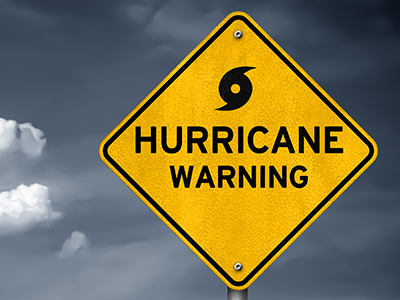



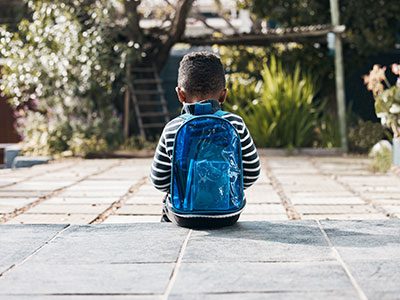
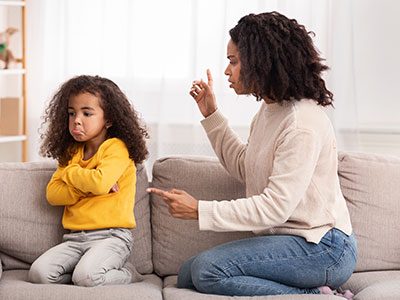



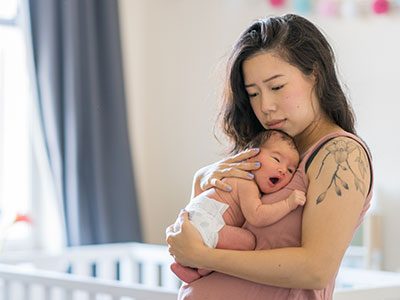

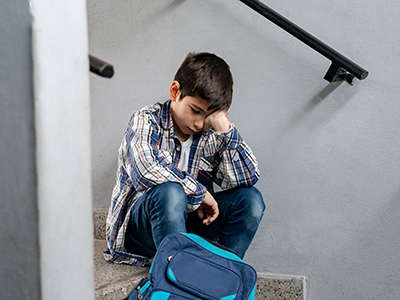
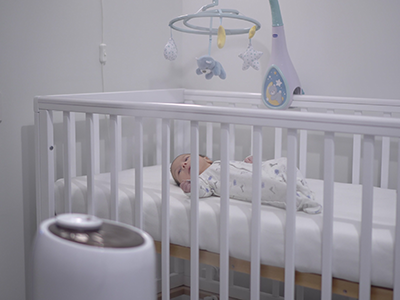



Leave a Comment
Want to join the discussion?Feel free to contribute!